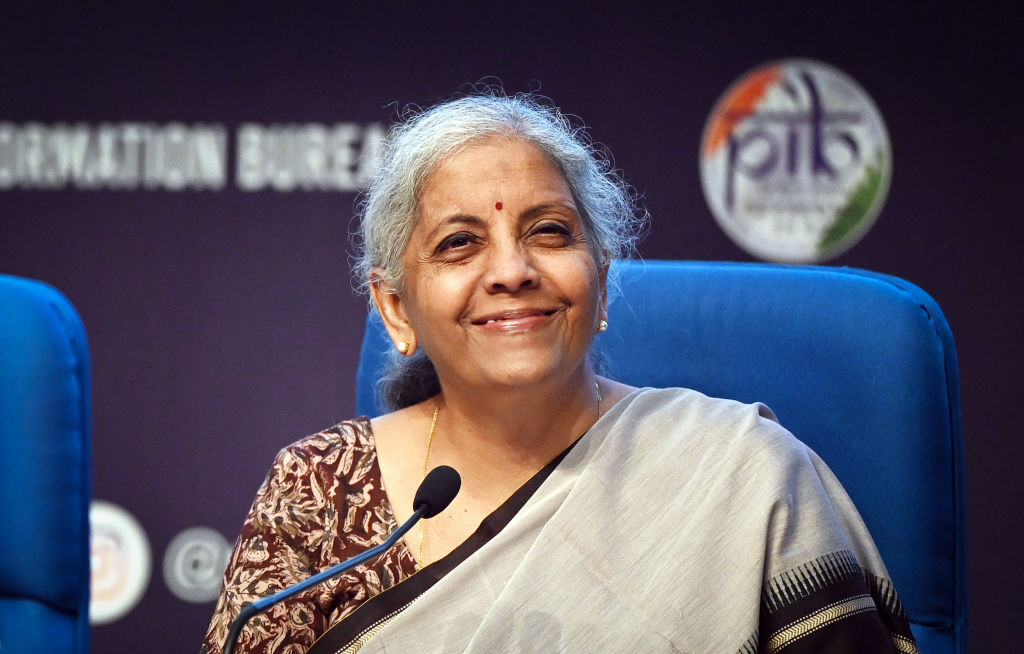In its meeting on Monday, the Goods and Services Tax (GST) Council announced several key decisions aimed at reducing tax burdens across various sectors.
To alleviate the financial strain of cancer treatment, the Council slashed GST rates on certain cancer drugs from 12% to 5%. The drugs benefiting from this reduction are Trastuzumab Deruxtecan, Osimertinib, and Durvalumab.
The food industry also saw relief as the GST rate on namkeens and savoury items was reduced from 18% to 12%, effective prospectively.
To boost research and development, the Council exempted research funds from GST for universities and research centers established by Central or State Government laws, as well as institutions with income tax exemptions. This exemption applies to both government and private research funding.
Finance Minister Nirmala Sitharaman announced the formation of a Group of Ministers (GoM) to examine GST rates on medical insurance. The GoM is expected to submit a report by October, which will be discussed in the November GST Council meeting. Sitharaman highlighted the complexity of the issue, mentioning discussions about rate reductions, exemptions, and implications for various insurance types.
The GoM, headed by the Deputy Chief Minister of Bihar and including new members for this specific purpose, will conduct a thorough examination of the matter. Sitharaman emphasized that the final decision will be based on the GoM’s report.
“There were a lot of discussions about do we reduce the rate, or exempt it, for who should we exempt and who should not, what happens to group insurance, are we going to carve out only for senior citizens, will this not complicate the implementation,” Finance Minister Nirmala Sitharaman said.
Currently, both life and medical insurance premiums are taxed at 18% GST. Opposition leaders, including West Bengal Chief Minister Mamata Banerjee, have been vocal in requesting a reduction in these rates.
The Council also recommended forming another GoM to study the future of compensation cess.
In the transportation sector, the GST rate for passenger transport by helicopters on a seat-share basis has been reduced from 18% to 5%. However, charter helicopter services will continue to attract 18% GST.
Lastly, the Council decided to increase the GST rate on car seats from 18% to 28%, aligning it with the rate for motorcycle seats. This change will be implemented prospectively to ensure parity between the two categories.
(Inputs from ANI)














